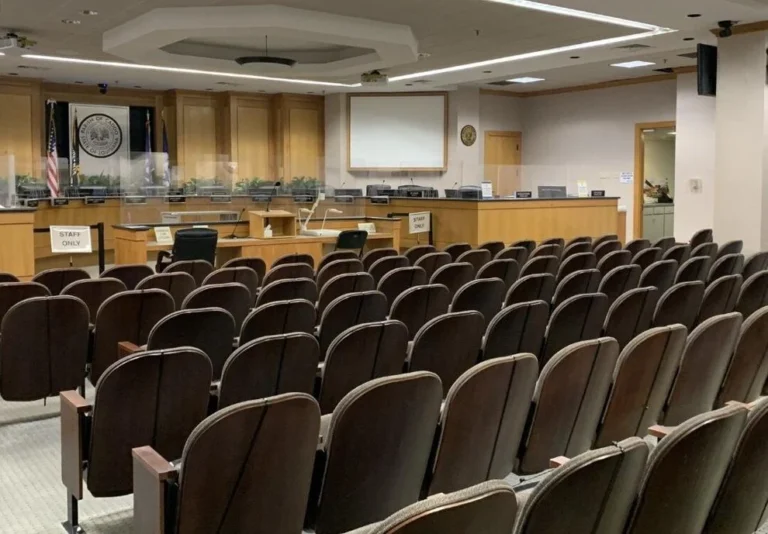(The Center Square) — The blight issues with properties in Shreveport have pushed residents and even council members to their limits as they demanded ordinance enforcement at Monday’s council meeting.
“The people who are violating the law seem to have more rights than the people who are actually following the law,” said Councilwoman Tabatha Taylor, chair of Shreveport City Council.
Councilman John-Paul Young echoed his concerns Monday over a new law concerning blight. While the new law makes it illegal to live in a blighted area, Young and others are concerned about a few fine details, including the requirement that the vacant property be without water for police to take action.
He and other residents own historic homes that are either being renovated or not lived in full-time and do not want to shut the water off to stop trespassers.
The council clarified that Young wants houses that are not blighted to have protection too. Young agrees, noting an incident where an elderly woman moved out of her home. The daughter owns it now and frequently deals with trespassers vandalizing the property.
“It is the property owner’s responsibility to keep up with their property,” said longtime Highland resident Genevieve Capalia after declaring her support for Young and the petition circulating.
Capalia has lived in the Highland neighborhood for 27 years. She currently lives across the street from 436 Columbia Street, a blighted residence in the neighborhood that has been set on fire twice by trespassers and squatters.
“It is not the same 16 years later,” Capalia said.
Charlotte Russell, president of the Highland Neighborhood Association, argued, “It does not matter how many words you write on paper, if the ordinances are not enforced, it does not matter.”
Executive Director of Revitalize Historic Highland William Hartman reminded the council of the current blight laws. According to current law, Ordinance 79, chapter 58 titled “Nuisances” under article 6, addresses blight elimination. The ordinance outlines a blight elimination team with the mayor’s office, fire department, police department, etc. The penalty in place now for blight is a fine of no more than $500, imprisonment for no more than 30 days, and punishable by a misdemeanor.
“As far as I know, when we receive those complaints, we are enforcing them. There is no lack of enforcement of the law that is going on,” Mayor Tom Arceneaux told the council and attendees.
Concern was raised that meeting after meeting, citizens of the Highland neighborhood and other areas suffering from blight in Shreveport continue to come back asking for help, and their requests are not being addressed by the mayor or the Shreveport Police Department, according to Taylor.
“If there is a property owner violating these property ordinances, I don’t care who they are, you need to write the citation,” Taylor said to the representatives of the SPD. “You need to write them up. It needs to go through environmental court, it needs to go through those particular steps.”
One attendee held up a sign saying to arrest trespassers, and vice chairwoman Ursula Bowman showed a slideshow of trucks blocking driveways and blighted areas as council members and residents urged officials to take action in the city.
“We want to be a part of this resolution,” said 20-year Highland resident April Dahm.
Young will address blight more broadly in Tuesday’s Public Safety Meeting.

